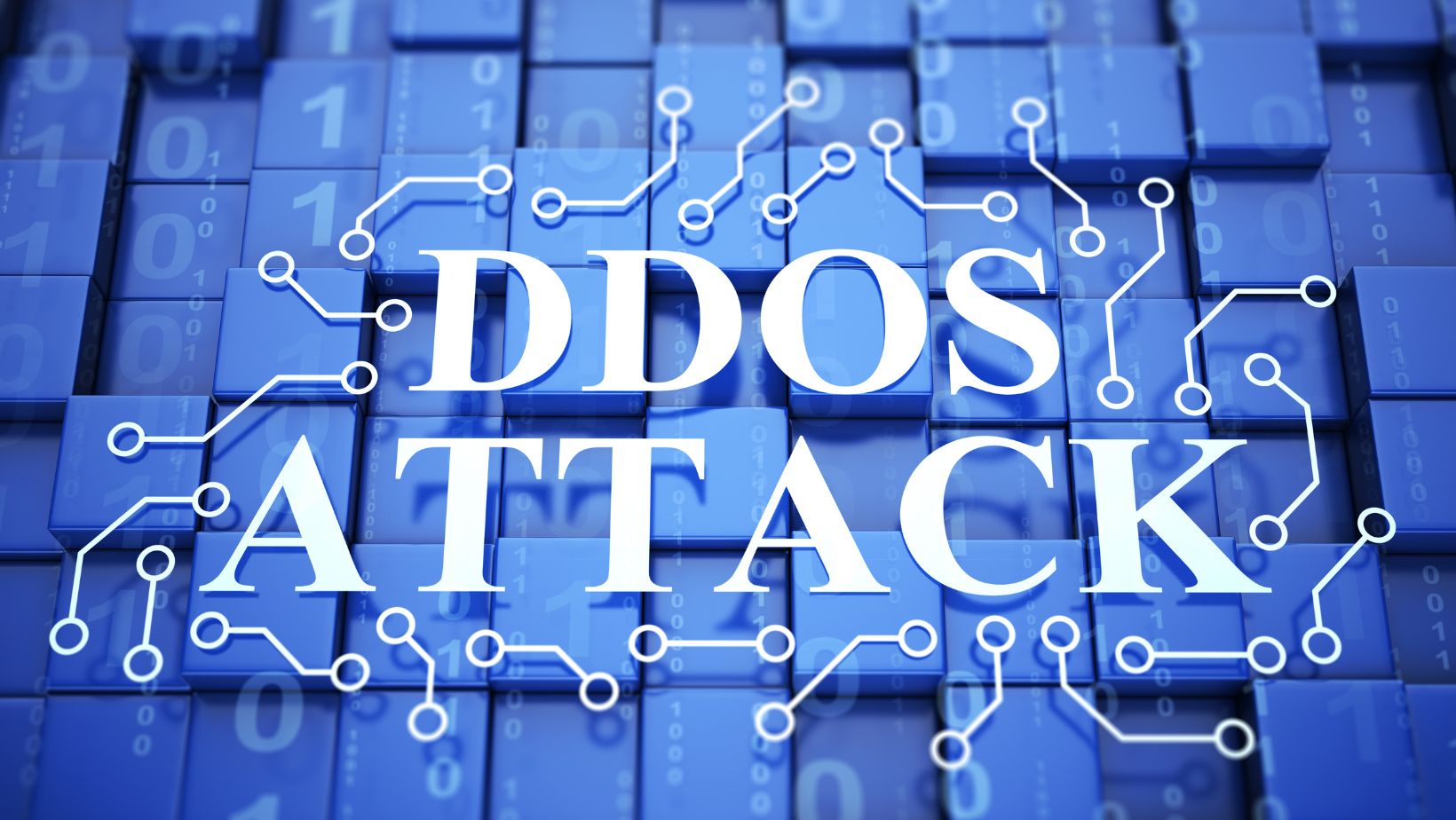
Statistics show that over 3,5 million people will be using digital payments in 2024, with an estimated transaction value of over $6,5 million. More than 70% of the global population has at least one fintech product on their phone they use every day. And that number is expected to grow in the coming years.
Unfortunately, fintech is not perfect. Cybercriminals are always there to prey on clueless users and unprotected companies. Their tactics change and develop along with the technology used in fintech apps. So, what are the most common cybersecurity challenges in fintech, and how can we battle them?
Identity Theft
When identity theft occurs, criminals use the data they stole to pose as fintech app users. Then, they can transfer any amount of money and obtain more personal information from the account. Sadly, this data can be a gateway to more losses and negative consequences. One of the most common approaches to identity theft is an API attack.
Data Breaches
While “data breaches” and “cyber-attacks” can be used interchangeably, the former usually target sensitive information through phishing and similar techniques.

Both new startups and established fintech businesses are at risk, as criminals will go long distances to grab all sensitive data they can find. This includes:
- bank account numbers,
- passwords to business accounts,
- personal addresses,
- credit card numbers,
- answers to security questions.
Regulatory Compliance
For companies big and small, regulatory compliance can be a real challenge. While the rules of the fintech industry are fair, complying with a huge number of strict laws and regulations requires a lot of time and energy. If you don’t invest an appropriate amount of resources into fitting within the regulation framework, regulators will impose immense penalties.
DDoS Attacks
Distributed denial of service, or DDoS for short, is a technique used by hackers to spam an application or website with traffic and crash the system. During the crash, the company team usually focuses on restoring the processes, which allows hackers to break the security system.
AI-Driven Attacks
After we implemented AI into our daily lives, cybercriminals quickly caught on and started using it for their malicious software. Now, all their attacks can go faster as they don’t have to look for vulnerabilities themselves – AI does it for them. This is called “AI fuzzing”. Moreover, artificial intelligence learns and improves a lot faster than people do.
Ideal Cybersecurity Practices in Fintech
Fintech is one of the most important markets out there, with millions of people depending on it daily. That’s why cybersecurity in fintech matters tremendously. That said, what are the best ways to battle cybersecurity challenges?

- Invest in reliable tools to protect yourself and your business. That includes cybersecurity tools like a VPN to safeguard sensitive financial data during transactions and team communications. If possible, hire a dedicated cybersecurity team.
- Use technology like two- and multi-factor authentication, biometric verification, and uniquely generated one-time passcodes for all employees. Employ strong password policies in your team.
- Conduct cybersecurity training sessions for your employees. Teach them how to spot phishing emails, create strong passwords, and effectively explain what a VPN is.
- Create an attack response for your staff. Explain every step to minimize business disruption and prevent an attack from spreading across the systems.
- Monitor the security of your business and any personal information that can be found online. Hire a threat detection team or an AI-powered tool to stop potential attacks. Invest in data removal services to safely clean up all old data to prevent security breaches.
Fintech Cyber Safety Matters
Whether you’re a fintech startup owner or an employee in a big company, you should be concerned about cybersecurity on the market. After all, a secure business is a reliable business.















